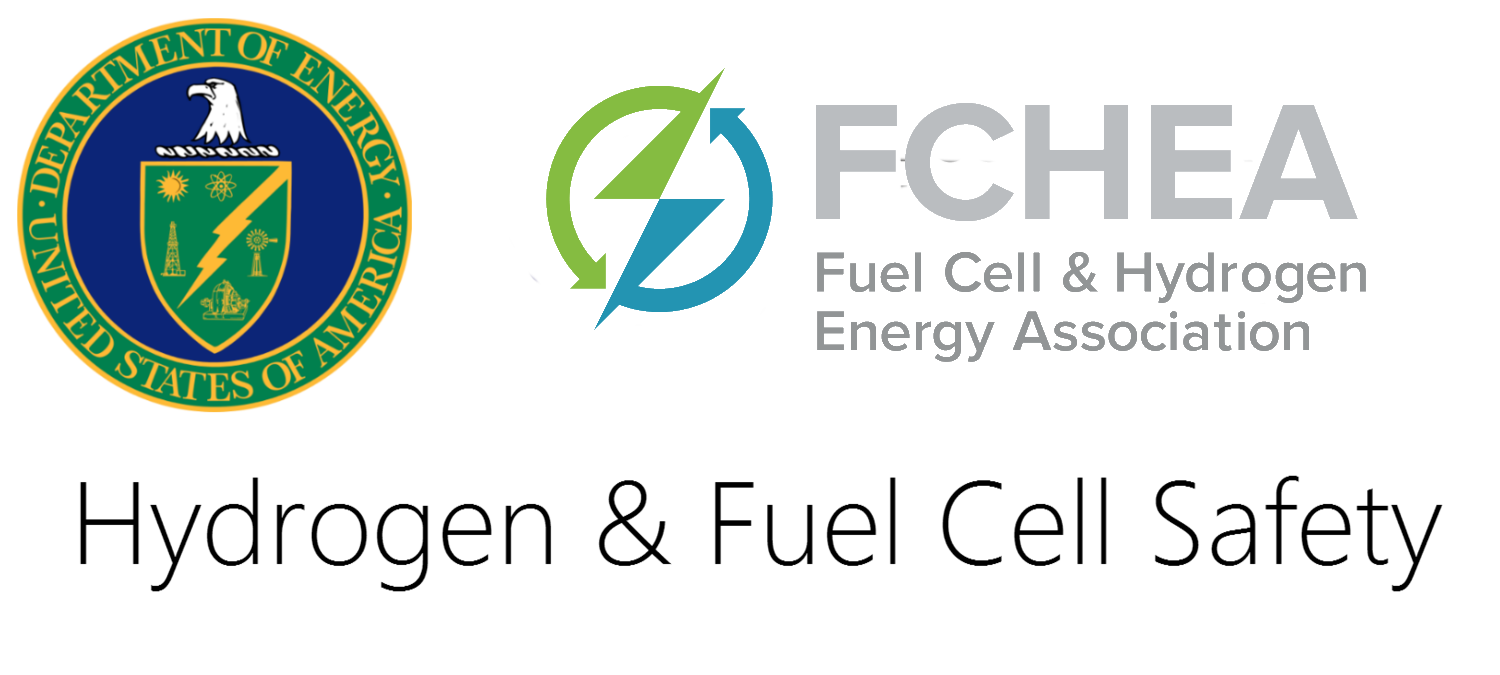National Hydrogen and Fuel Cell Codes and Standards Coordinating Committee
NHFCCSCC Mission
The National Hydrogen and Fuel Cells Codes and Standards Coordinating Committee (NHFCCSCC) provides a forum for effective communication and collaboration between all stakeholders in the hydrogen and fuel cells codes and standards community. NHFCCSCC leadership will facilitate the development of the consensus-based codes and standards that are critical to ensure public safety and to accelerate the commercialization of new hydrogen and fuel cell technologies for stationary, transportation and portable applications.
NHFCCSCC Strategic Objectives
NHFCCSCC will encourage and facilitate the timely and efficient incorporation of data-based hydrogen and fuel cell safety criteria into the existing and proposed state, national, and international codes and/or standards promulgated by:
· American Petroleum Institute (API)
· American Society of Mechanical Engineers (ASME)
· American National Standards Institute (ANSI)
· American Society for Testing and Materials (ASTM) International
· California Air Resources Board (ARB)
· California Department of Food and Agriculture Division of Measurement Standards (DMS)
· Compressed Gas Association (CGA)
· CSA Group
· Institute of Electrical and Electronics Engineers, Inc. (IEEE)
· International Civil Aviation Organization (ICAO)
· International Code Council (ICC)
· International Electrotechnical Commission (IEC)
· International Organization for Standardization (ISO)
· International Organization of Legal Metrology (OIML)
· National Fire Protection Association (NFPA)
· National Institute of Standards and Technology (NIST)
· New York State Construction & Fire Codes
· Occupational Safety and Health Administration (OSHA)
· Society of Automotive Engineers (SAE)
· Underwriters Laboratories (UL)
· United States Department of Transportation (US DOT)
· and others
NHFCCSCC will promote development of codes, standards and regulations that establish a minimum level of safety for today without hindering new technology development and commercialization. Performance-based codes, standards and regulations will be encouraged wherever practicable.
NHFCCSCC will also promote development of performance measuring standards that take all applicable technologies into account, without creating any advantage for one or more technologies over others except for the inherent aspects of the various technologies. NHFCCSCC will promote performance measuring standards that compare all technologies in a similar manner without prejudice.
NHFCCSCC will facilitate consensus based codes and standards development by working cooperatively with all stakeholders to take their viewpoints and all technologies into account.
Stakeholders: The community of stakeholders includes codes and standards developers, industry members, technology developers, codes and standards users, architects and engineers, legislative and regulatory bodies that adopt codes, standards and other regulations, safety officials, first responders, and the US Government including the USDOE, USDOT, US DOC, National Laboratories, hydrogen and fuel cell users and consumers, and others. International stakeholders shall also be taken into account where their products or services might serve the US market.
NHFCCSCC will support and encourage technical and operational consistency among and across the codes and standards developed by different organizations. The NHFCCSCC will provide a forum to list the differences, understand the details, and facilitate consistency.
NHFCCSCC will promote the harmonization of international hydrogen and fuel cell codes, standards and regulations by outreach to and collaboration with the international organizations involved in their development.
NHFCCSCC will provide a forum to discuss standards, proceedings, and rulemakings that are open for input and comment as part of their drafting, review, revision, or approval cycles. Information on how to comment, when to comment, and the process for defending comments will be provided with as much advance notice as practicable. SDO/CDOs will be encouraged to provide a 90-day notice and logistic details on upcoming comment periods to facilitate industry input.
NHFCCSCC will help establish and communicate priorities and align resources for codes and standards development, and the necessary performance and safety data generation for decision making, with the existing codes and standards development cycles. Criteria will include assessing the potential safety risks and the impact of codes and standards availability on commercialization timelines.
NHFCCSCC will facilitate coordinating and integrating the many global activities in hydrogen codes and standards development to help ensure their consistency and the best use of resources.
NHFCCSCC will support www.hydrogenandfuelcellsafety.info to provide up-to-date information on hydrogen and fuel cell codes and standards activities worldwide. www.hydrogenandfuelcellsafety.info will provide minutes of the NHFCCSCC meetings, as well as short written reports of timely safety, codes and standards activities and actions, and emphasize when documents are open for comment, new activities are formed, and opportunities to influence codes and standards are coming up.
NHFCCSCC will identify critical gaps and deficiencies in hydrogen and fuel cell codes and standards and formulate recommendations to address them.

